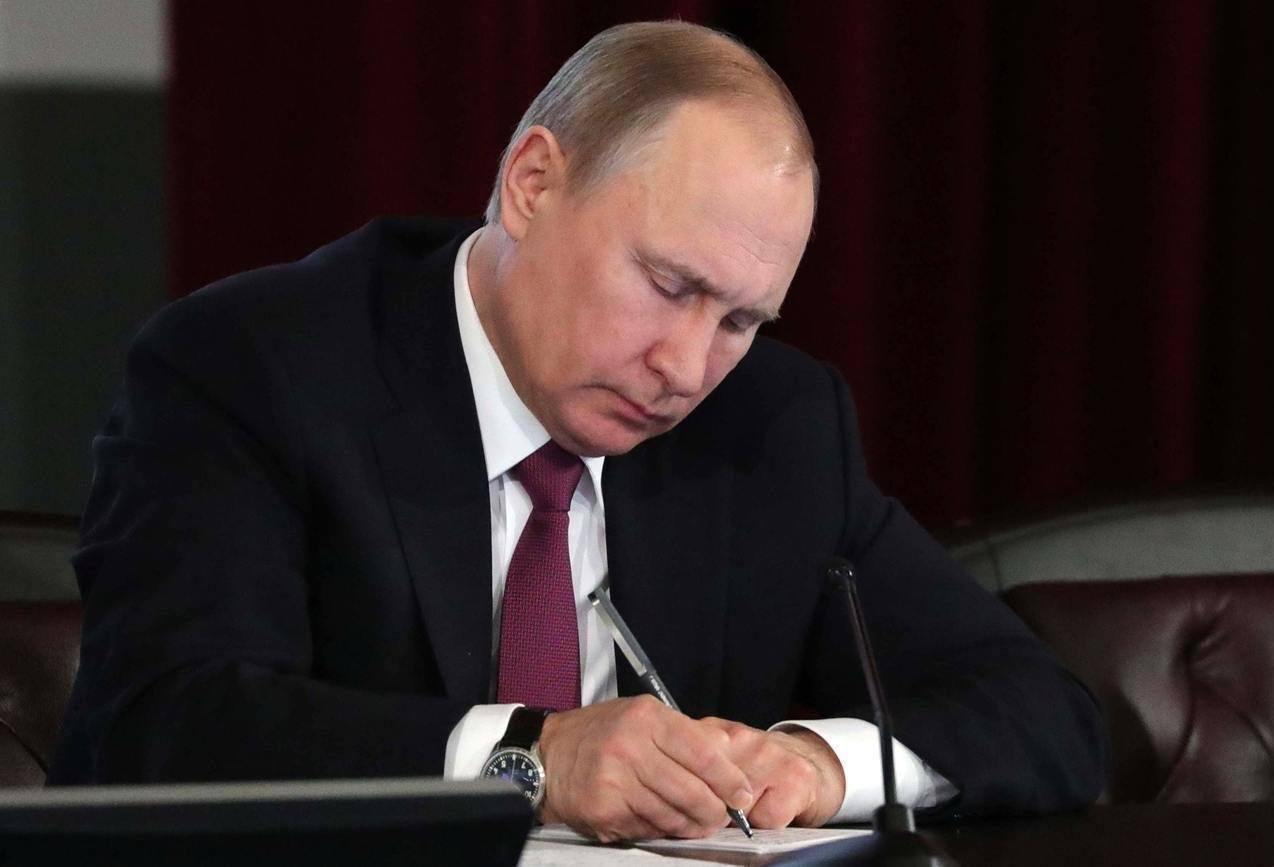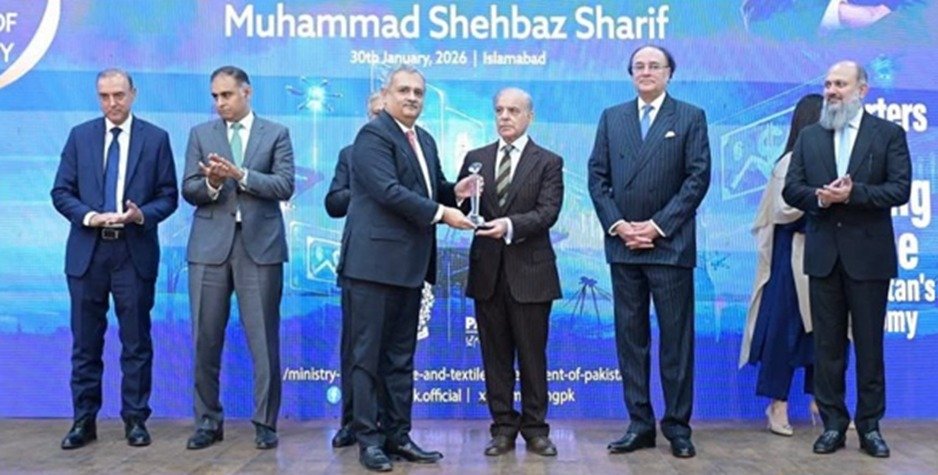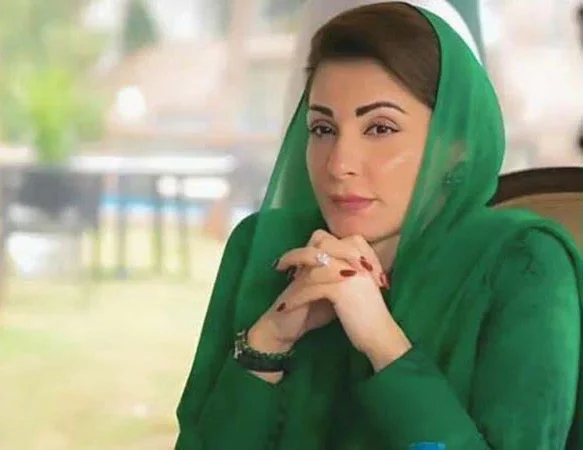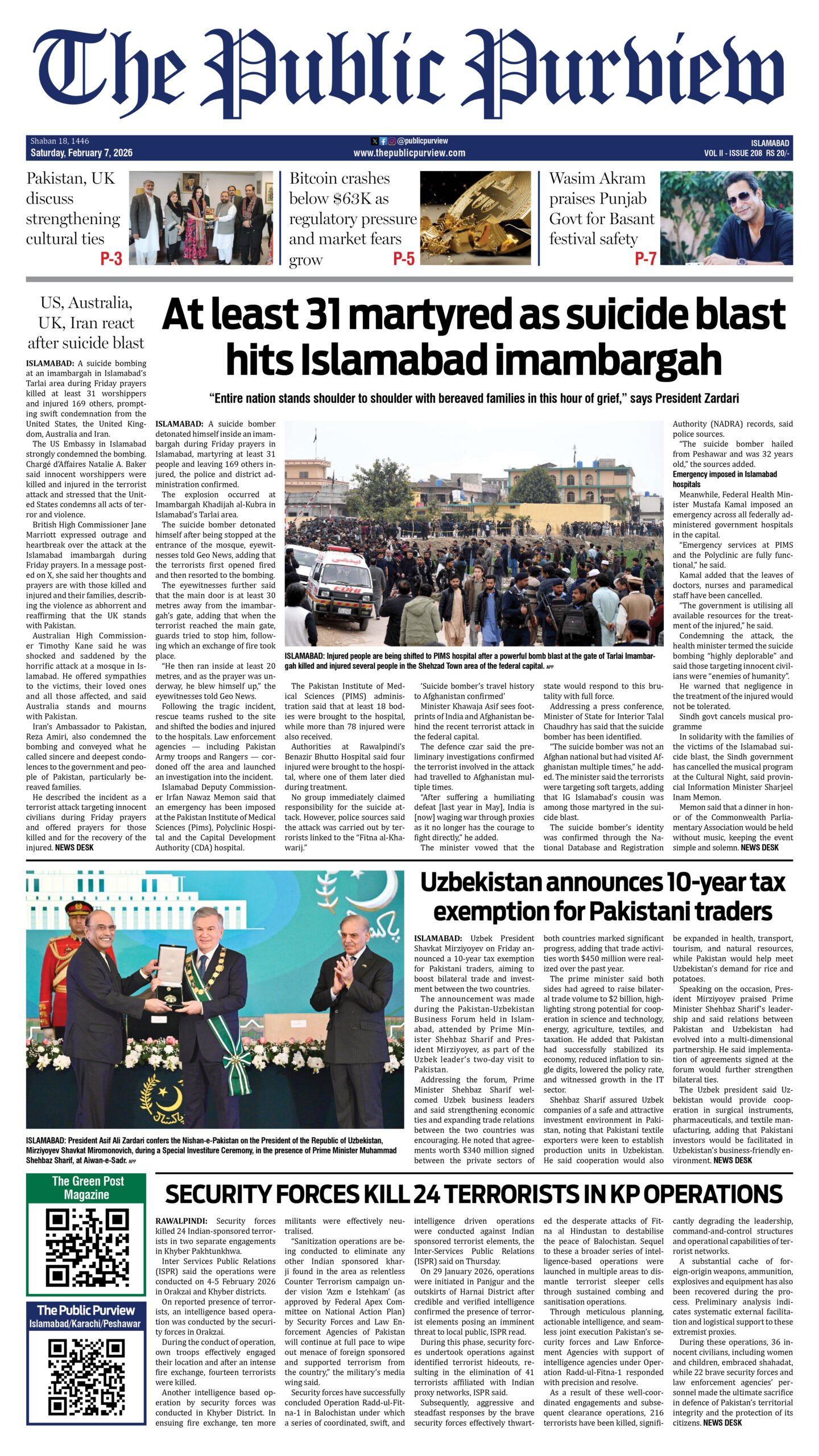New Year’s resolutions often focus on personal growth, but what if Pakistan, as a nation, made a collective resolution? A resolution to educate every girl, to empower every woman, and to honor the principles of equality and justice enshrined in our faith and constitution.
Twelve million girls in Pakistan are out of school—a number that speaks volumes about dreams deferred and potential wasted. How can a nation rise when half of its population remains shackled by poverty, cultural constraints, and systemic neglect? Empowering women is not an abstract ideal; it is the cornerstone of progress, the key to unlocking Pakistan’s future.
The women of Pakistan have always been its quiet revolutionaries. Fatima Jinnah stood beside her brother in the fight for independence, a beacon of strength and resolve. Malala Yousafzai, shot for daring to demand an education, became a global symbol of courage. But these famous figures are not exceptions; they are reflections of countless women who labor unseen. Rural women sow fields at dawn, urban mothers balance households, and artisans like Zarina in Azad Jammu and Kashmir weave beauty into their lives. Yet, their contributions remain invisible, their potential unrealized.
Education is the first step toward transformation. The Quran asks: “Are those who know equal to those who do not know?” (39:9). In Pakistan, the answer remains a heartbreaking “no” for millions of girls. Sana, a girl from Azad Jammu and Kashmir, dreams of becoming a teacher, but her days are consumed by the relentless grind of fetching water and tending to family needs. The solution lies in targeted innovation: mobile schools that travel to remote areas, conditional cash transfers that incentivize families to educate their daughters, and campaigns that dismantle the cultural taboos shackling girls to domestic roles. Imagine Sana, not just educated, but inspiring a generation of children to dream beyond the mountains that once confined her.
Yet education alone is only part of the equation. Economic empowerment must follow. Women in Pakistan’s informal economy contribute billions in unpaid or underpaid labor, yet they remain excluded from formal opportunities. Zarina, a skilled artisan, creates textiles of extraordinary beauty, but her work rarely reaches markets beyond her village. What if digital platforms allowed her to sell directly to urban and even international buyers? What if microfinance programs provided her with the capital to scale her work? Countries like Rwanda, where women lead in commerce and governance, show what is possible when systemic barriers are dismantled. Pakistan must create an ecosystem that not only includes women but prioritizes their potential.
The foundation of this transformation lies in cultural change. Islam’s teachings are clear: “The best of you are those who are best to their women.” Yet cultural norms often eclipse these principles, perpetuating a cycle of inequality. Families must challenge these norms by fostering equality at home. Schools must teach boys and girls the values of respect and partnership. Media must amplify the stories of women like Sana and Zarina, making their struggles and triumphs visible to all. Men, too, must step into the role of allies, championing equality not as a concession but as a shared ideal.
The benefits of empowering women are undeniable. Studies consistently show that when women thrive, families prosper, communities flourish, and nations rise. This is not just about improving individual lives; it is about securing Pakistan’s future in an increasingly competitive world.
As 2025 begins, Pakistan stands at a crossroads. The choice is stark: perpetuate cycles of neglect or embrace the transformative power of its women. The stories of Sana and Zarina are not isolated—they are mirrors reflecting the untapped strength of a nation. Empowering them isn’t a resolution for a new year; it is a revolution that must begin now.
This revolution demands action. Policymakers must craft strategies that integrate women into every facet of national life. Communities must break down the walls of prejudice that confine them. And every citizen must see themselves as a part of this movement, because empowering women is not just about changing lives; it is about rewriting the destiny of Pakistan itself.






 Today's E-Paper
Today's E-Paper